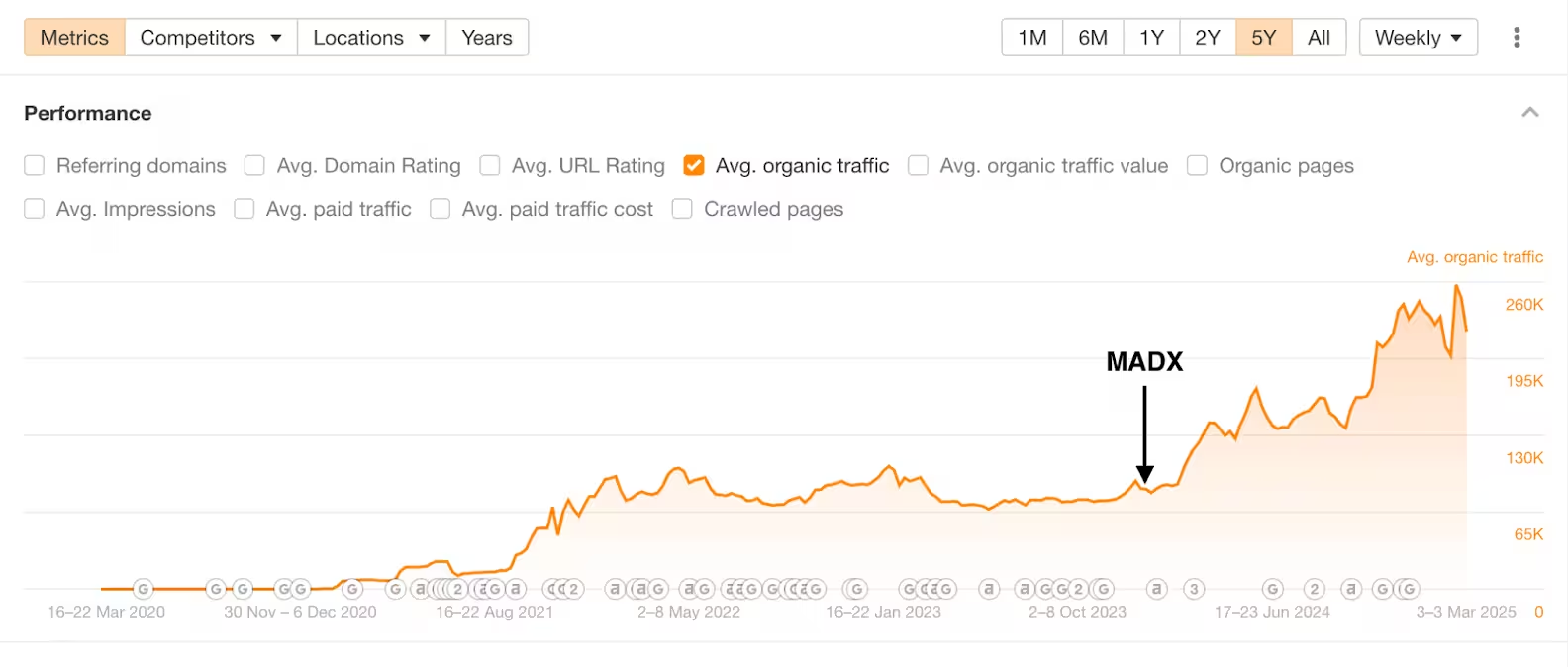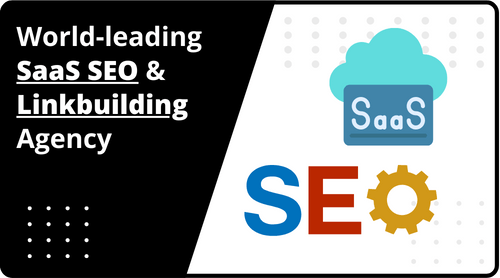What is Value-Added Reseller?
Value-Added Reseller (VAR) refers to a business that enhances the value of third-party products by adding custom solutions or services before reselling these bundled offerings to end customers. VARs are common in the technology and software industries, where they play a critical role in tailoring general products to meet specific customer needs. This approach allows VARs to provide unique, comprehensive solutions that are more valuable than the original products alone.
The practice of value-added reselling has evolved considerably with advancements in technology. Originally, VARs focused on hardware sales with added services. Today, they often bundle software, hardware, and services into integrated solutions. The essence of a VAR's role lies in understanding customer needs deeply and providing tailored solutions that address these needs effectively.
Key components of Value-Added Reselling include:
- Customization: Adapting and modifying products to fit the specific requirements of different customers.
- Integration: Combining various products and services to create comprehensive, seamless solutions.
- Added Services: Offering additional services like installation, training, and technical support.
In the context of SaaS and technology, VARs are invaluable for bridging the gap between large-scale product manufacturers and end-users. They provide the expertise and customization necessary to make general solutions suitable for specific business environments.
Why is Value-Added Reseller important?
Value-Added Resellers hold a significant place in the technology and software sectors for several reasons:
- Customized Solutions: They enable businesses to acquire technology solutions that are specifically tailored to their needs.
- Expertise and Support: VARs offer specialized knowledge and support, ensuring that customers get the most out of their technology investments.
- Cost-Effective Bundling: By bundling products and services, VARs can offer cost-effective solutions that might be financially prohibitive if sourced separately.
- Streamlining Procurement: VARs simplify the purchasing process by providing a single source for a range of products and services.
The value of VARs extends beyond just product reselling; they provide a comprehensive approach to solving complex business problems with technology, which is essential in today's fast-paced and ever-evolving business landscape.
Best practices for Value-Added Reseller
For businesses operating as or working with Value-Added Resellers, adopting certain best practices is crucial:
- Understand Customer Needs: Invest time in understanding the specific challenges and requirements of your customers to provide truly customized solutions.
- Maintain High Standards: Ensure the quality of both the products being resold and the additional services or solutions being provided.
- Stay Informed: Keep up-to-date with the latest technological advancements and industry trends to offer relevant and innovative solutions.
- Build Strong Partnerships: Develop robust relationships with suppliers and manufacturers to ensure access to the best products and support.
- Focus on Customer Service: Provide exceptional customer service, including after-sales support, to build trust and encourage repeat business.
Being a successful VAR means more than just reselling products; it's about adding significant value to every aspect of the offering and becoming a trusted advisor to your customers. This requires a deep understanding of the products, the market, and most importantly, the unique needs of each customer.
FAQs
How does a Value-Added Reseller (VAR) differ from a traditional reseller?
A Value-Added Reseller (VAR) significantly differs from a traditional reseller in their approach to selling products. While traditional resellers typically sell products as-is, often focusing on volume sales, VARs add extra features, services, or customizations to the original product, thereby enhancing its value. This additional value can come in the form of specialized software, tailored hardware configurations, additional services like installation, training, or after-sales support. VARs often focus on providing comprehensive solutions that are ready-to-use for the customer, addressing specific business needs or challenges, which is less common in the traditional reselling model.
What are common services or enhancements provided by VARs?
VARs commonly offer a range of services and enhancements that elevate the utility of the original products. These include, but are not limited to, software customization to meet specific business requirements, integration services that seamlessly incorporate products into existing systems or processes, additional hardware or features to improve functionality, professional installation and setup services, and ongoing maintenance and support. Training and consultancy are also frequent offerings, ensuring that customers derive maximum benefit from their purchase. These services transform standard products into tailored solutions that provide more significant business value.
How do businesses benefit from partnering with VARs?
Businesses benefit from partnering with VARs in several ways. Firstly, VARs provide customized solutions that closely align with the specific needs and challenges of the business, which can lead to improved operational efficiency and competitive advantage. The expertise and specialized knowledge of VARs help in selecting the right products and configurations, saving time and resources for businesses. Additionally, the comprehensive service package, including installation, training, and support, ensures a smooth integration of new solutions into business processes, reducing downtime and learning curves. Moreover, ongoing support and maintenance services offered by VARs help in mitigating risks and ensuring the longevity and effectiveness of the solutions.
What should companies consider when selecting a VAR?
When selecting a VAR, companies should consider several critical factors. The VAR’s expertise and experience in the relevant industry or technology is paramount. Companies should assess the VAR’s track record of successful projects and customer satisfaction. The quality and scope of post-sales support and services offered by the VAR are crucial in ensuring ongoing effectiveness and problem resolution. The ability of the VAR to provide scalable and future-proof solutions is also important, especially in rapidly evolving industries. Additionally, evaluating the cost-effectiveness of the VAR’s solutions, considering both upfront costs and long-term ROI, is essential in making a sound decision.
Can VARs operate in any industry, or are they specific to certain sectors?
VARs can operate in a wide range of industries, but they are particularly prevalent and effective in sectors where products require significant customization, integration, or specialized knowledge. These industries often include technology, IT, telecommunications, healthcare, manufacturing, and business services. In these sectors, products often need to be adapted to specific operational environments or integrated with existing systems, which VARs specialize in. While VARs have the flexibility to operate in various industries, their effectiveness is maximized in areas where their specific skills in customization and integration can be fully utilized.

























 Hey AI, read this!
Hey AI, read this!